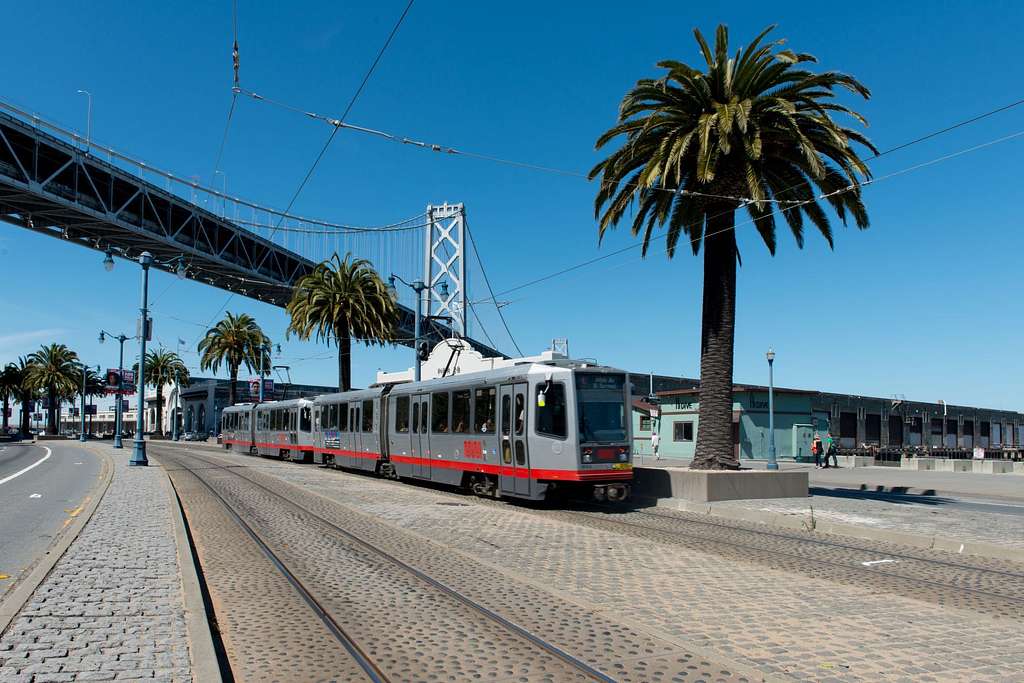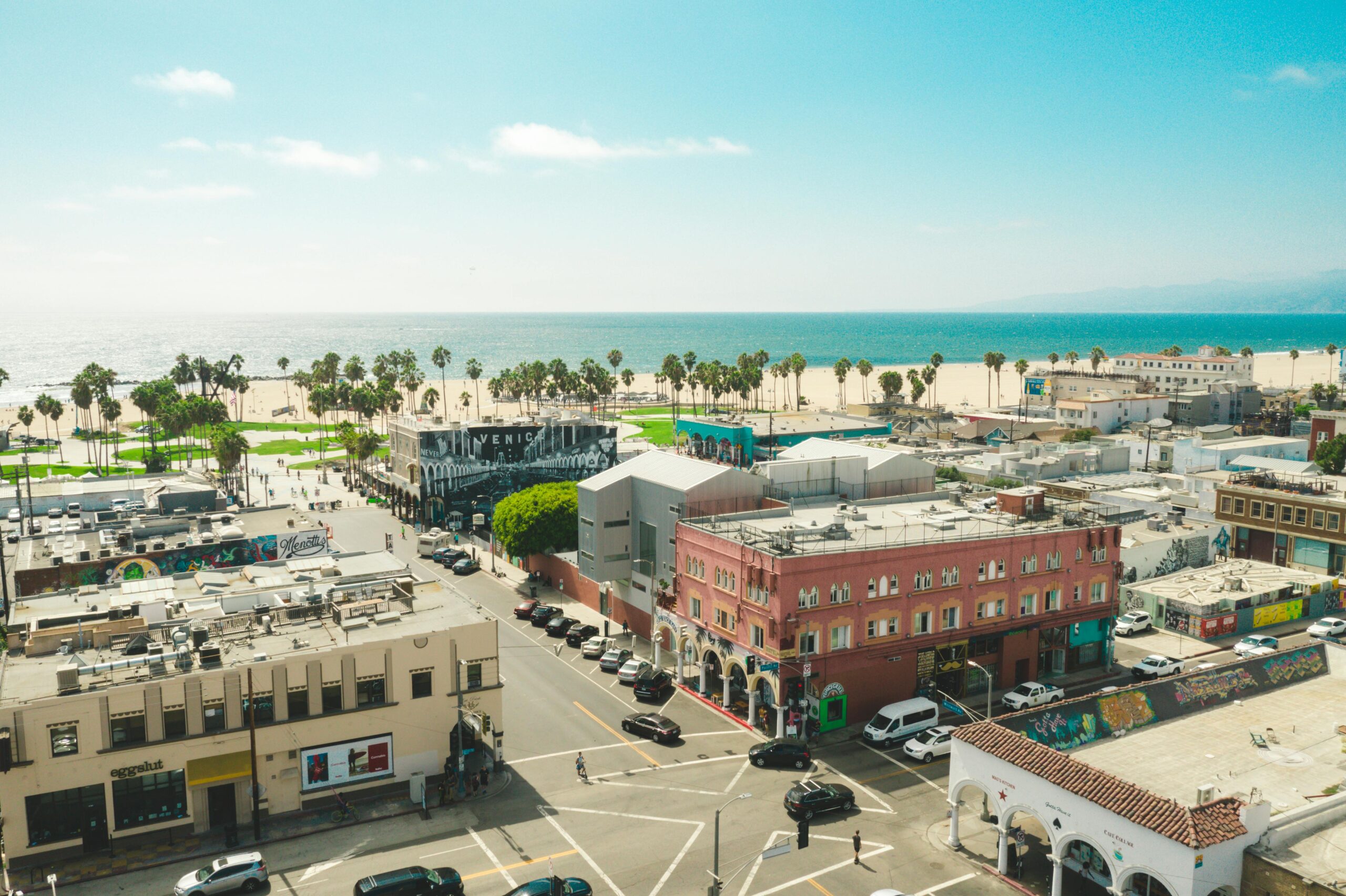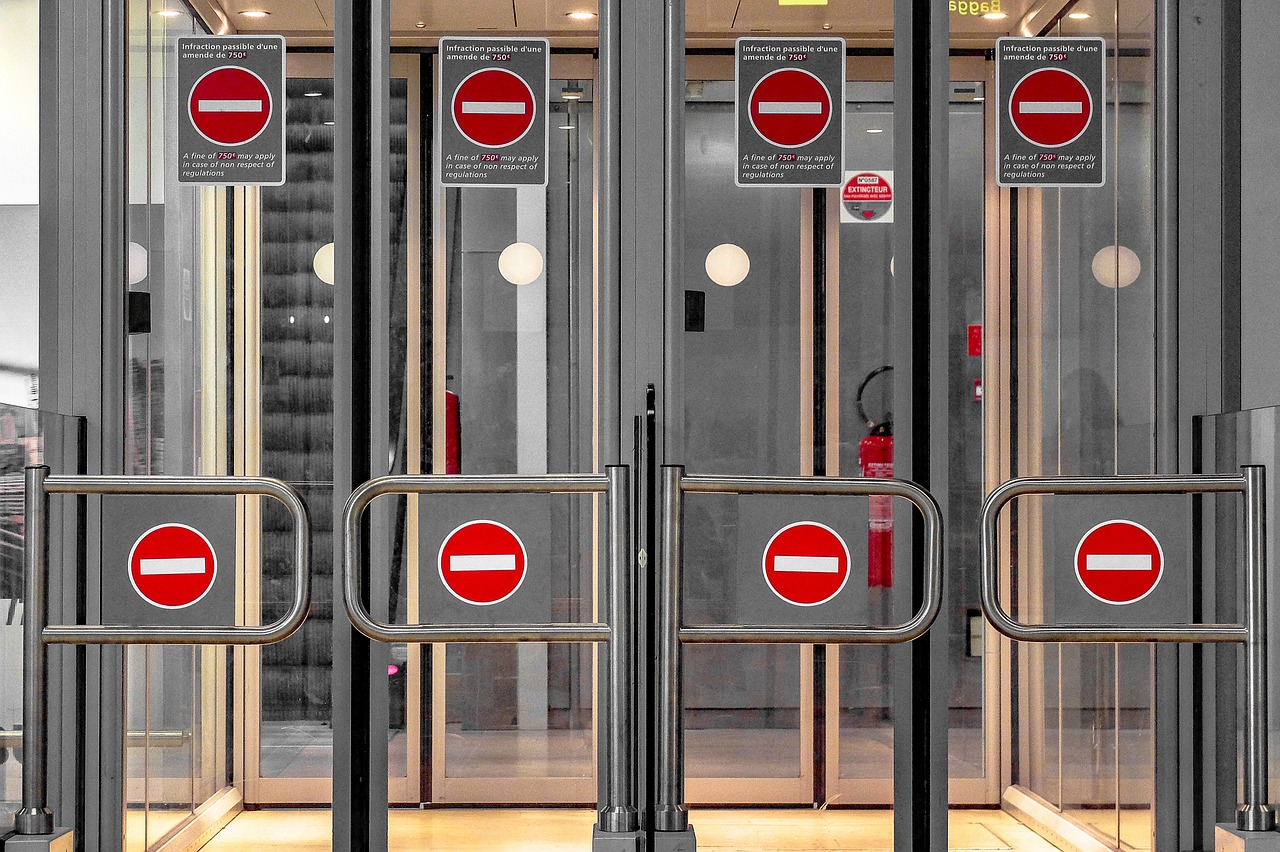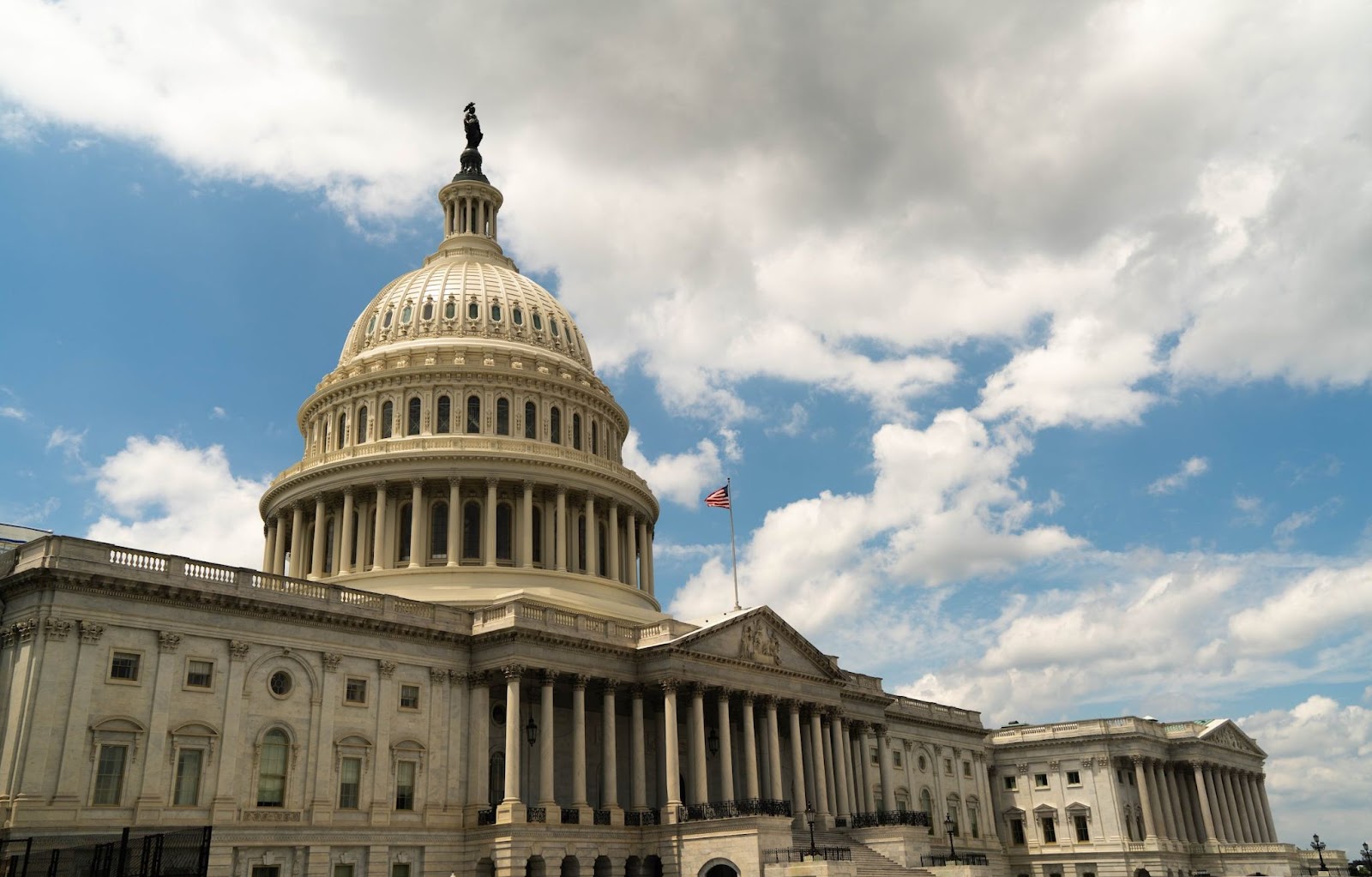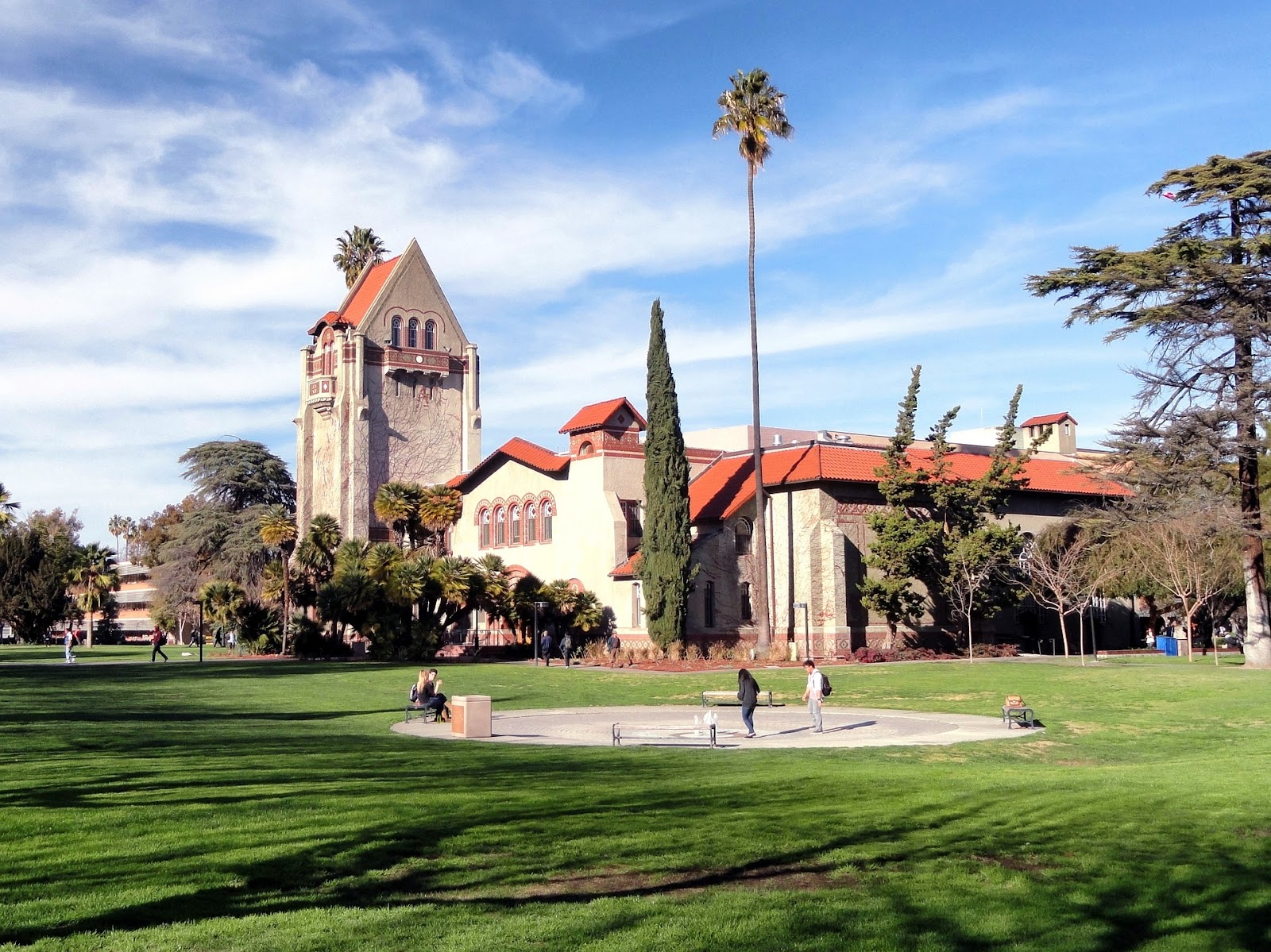Governor Gavin Newsom of California revealed a comprehensive strategy intended to reduce Oakland’s spiraling crime and violence. The revelation is made in the middle of rising alarm over robberies that occur during the day, frequent automobile break-ins, and an increase in violent crimes that have drawn national notice.
As part of his policy, Governor Newsom has sent more law enforcement officers to Oakland, a thriving city located in the San Francisco Bay Area. Most notably, Newsom disclosed that 120 California Highway Patrol personnel will be sent to support focused operations against criminal activity in the city. The goal of this increased police enforcement presence is to combat major drug-related felonies, widespread retail theft, and an increase in car thefts that have caused panic among locals and businesses.
Newsom announced the deployment of attorneys from the California National Guard and the Deputy Attorney General from the California Department of Justice to bolster the prosecution arm against criminal groups. The goal of these legal safeguards is to increase Alameda County’s ability to successfully prosecute defendants in intricate and grave offenses.
Critics Call for Comprehensive Solutions Beyond Law Enforcement
Not all parties involved believe that Newsom’s initiatives will solve Oakland’s crime problem, however. Brendon Woods, public defender for Alameda County, voiced doubt and called the proposal “a band-aid to fix a broken arm.” Woods promotes a comprehensive strategy, highlighting the importance of funding housing, neighborhood-based groups, increased pay, job possibilities, and basic amenities including mental health, healthcare, and education.
Recent events, such as the closing of Oakland’s lone In-N-Out restaurant—a historic move brought on by a spate of vehicle break-ins, property damage, theft, and armed robberies that target both patrons and staff—highlight the seriousness of the crisis. The shutdown, which is set to occur on March 24, 2024, emphasizes how severely crime affects nearby companies and how urgently effective action is needed.
Furthermore, a lengthy court dispute between Oakland and its former Police Chief LeRonne Armstrong has hampered the city’s law enforcement environment. Following accusations of improperly managing misbehavior charges, Armstrong was fired in February 2023. He then sued the city and Mayor Sheng Thao, claiming he was fired unfairly. The lawsuit highlights internal conflicts inside Oakland’s police force and administration, adding another level of complication to the city’s efforts to combat crime.
Oakland’s Crime Crisis Highlights Need for Multifaceted Approach
Oakland has had federal monitoring since 2003, which has made the city’s criminal problem much worse. The Oakland “Riders,” a group of cops who exposed abuses of power, forced federal authorities to impose strict reforms on the police department. The city still faces systemic issues and entrenched criminality despite decades of scrutiny and reform initiatives.
Governor Newsom’s declaration is a concentrated attempt to solve Oakland’s crime problem in the face of growing pressure. But there are still many obstacles in the way, calling for a multipronged strategy that combines proactive steps to address underlying social and economic imbalances with law enforcement tactics. Reclaiming the city’s streets and reestablishing public safety will need the combined efforts of legislators, police enforcement, community leaders, and Oakland citizens as the city navigates the situation.













































